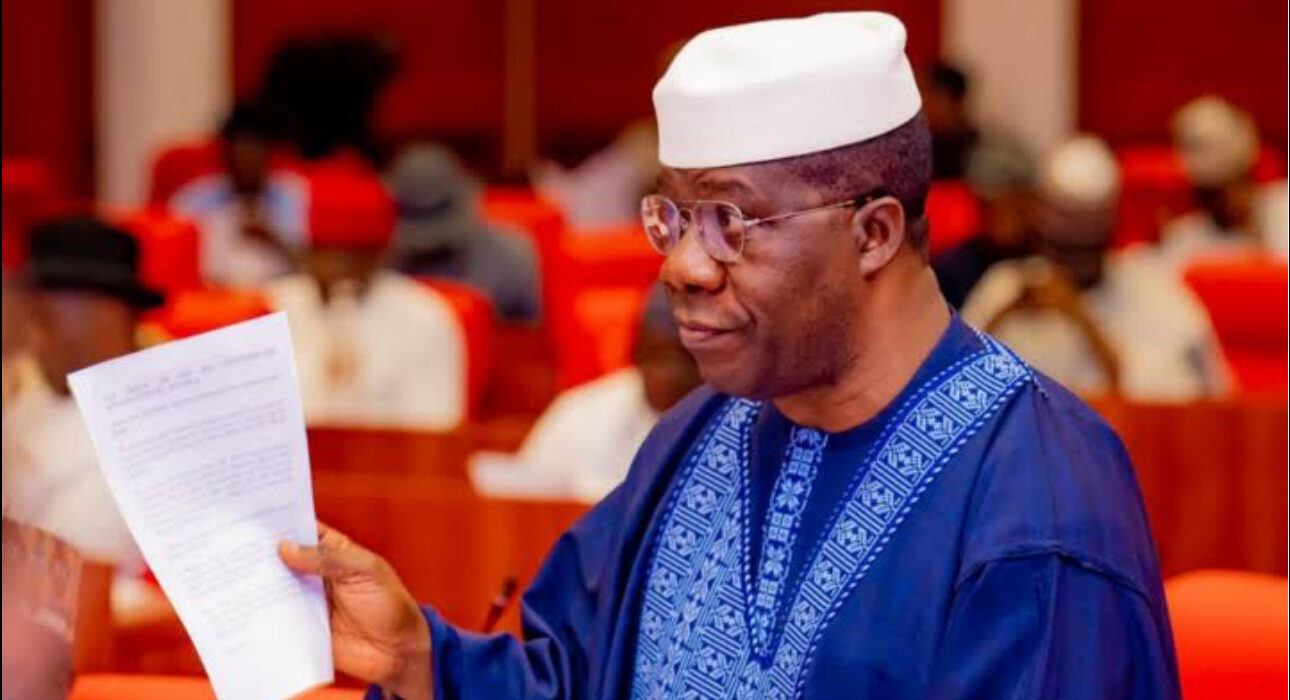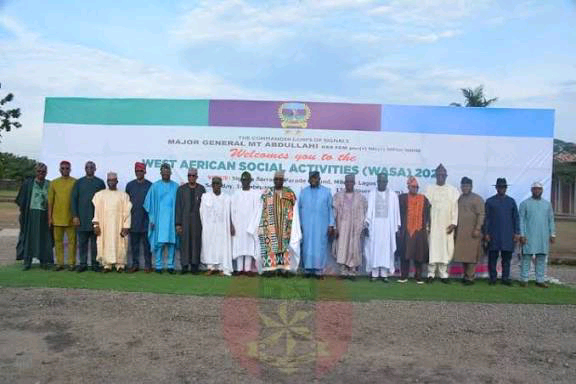Senate Will Consider Tax Reform Bills on Resumption, Says Bamidele

Senate Leader, Opeyemi Bamidele, has indicated that it will examine and consider key tax reform bills when it returns from the Easter and Eid-El-Fitr recess.
Already passed by the House of Representatives, the bills are expected to reshape Nigeria’s fiscal landscape with remedies to current systemic issues of the country’s tax code.
The reforms advocated, according to Bamidele, are crucial to addressing tax inequality and aiding the economic growth of Nigeria. He added that the tax bills aim to bring about equity in the Nigerian tax system, especially for low-income earners as well as small enterprises.
Among the major shifts considered in the tax reform bills are:
Employees earning ₦1,000,000 or less annually will be exempt from income tax payment. This is an attempt at easing the financial burden on low-income earners, particularly in a country where poverty still exists.
Small businesses with a capital of ₦50 million or less will benefit from tax relief, which will advance development and entrepreneurship.
The reform recommends the removal of Value Added Tax (VAT) on basic goods and services like food, education, transportation, and health. This is expected to reduce the cost of living for the majority of Nigerians.
The new reforms will institute gradual VAT rate reductions, with a proposed 27.5% VAT in 2025 and 25% in 2026. These are relatively modest rates in comparison to countries like South Africa (27%) and Kenya (30%).
While the proposed tax reforms are overall considered a move towards fiscal equity, they have not been controversy-free. The biggest controversy around the reforms perhaps is how the revenue from VAT is to be distributed.
Northern state leaders have raised concerns that the formula for distributing VAT revenue under the new regime may overbenefit southern states and further exacerbate an already growing north-south economic divide.
The new VAT system will have the tendency to favor more economically active regions, which are typically located in the south of Nigeria. Northern governors argue that this could be detrimental to the northern states, which are predominantly less economically developed and more rural in nature.
They are of the opinion that such a trend would help widen regional inequalities and fuel tensions between Nigeria’s north and south.









